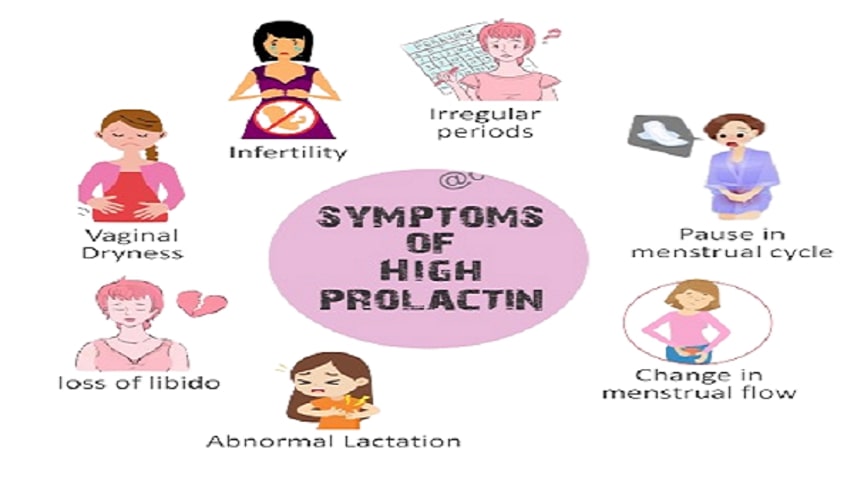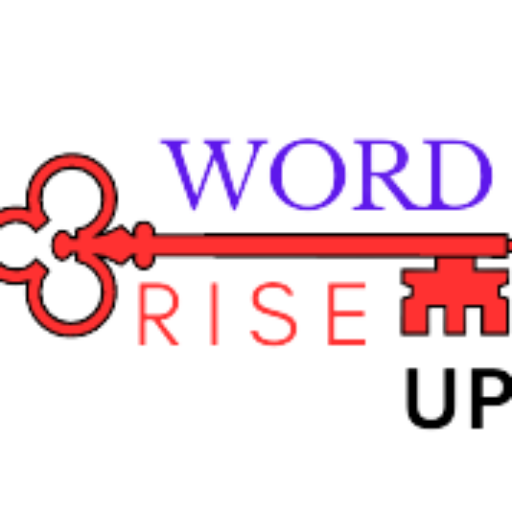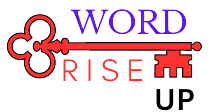
Hormone Therapy for Prolactin Levels
In non-pregnant individuals, hyperprolactinemia, or elevated prolactin levels, may result in irregular menstrual cycles, reproductive issues, and even milk production. The regulation of excessive prolactin levels and the alleviation of associated symptoms are frequently achieved through hormone therapy. This article examines the many varieties of hormone therapy, the intricacies of prolactin, the symptoms and causes of elevated levels, and the methods for monitoring, regulating, and improving hormone balance through dietary modifications. It is imperative for individuals who are interested in effective prolactin control and treatment to comprehend the role that hormones play in the process.
What is prolactin?
The hormone prolactin, which is frequently linked to the production of milk in lactating mothers, is produced by the pituitary gland.
The Role of Prolactin in the Body
Prolactin is responsible for the promotion of reproductive health, metabolic management, and immune response, in addition to its role in lactation.
Typical indicators of elevated prolactin levels include:
Elevated prolactin levels may manifest as infertility, irregular menstrual cycles, reduced libido in non-pregnant individuals, and decreased production of breast milk.
Causes of Elevated Prolactin Levels:
Elevated prolactin levels may be caused by hypothyroidism, pituitary tumors, stress, and specific medications.
Diagnostic Tests for Prolactin Levels
Blood tests are frequently employed to assess prolactin levels, and the results may fluctuate throughout the day and in response to environmental factors.
Factors Influencing Prolactin Test Results
A variety of factors, such as tension, exercise, nipple stimulation, and certain medications, can cause changes in prolactin test results.
Potential Advantages of Hormone Therapy
Hormone therapy may be beneficial in reducing prolactin levels, enhancing overall well-being, alleviating symptoms, and reestablishing fertility.
Risks and Side Effects to Consider
There are numerous hazards associated with hormone therapy for elevated prolactin levels, such as vertigo, migraines, and disorientation. In uncommon instances, it may result in more severe conditions, such as blood blockages or strokes. It is recommended that you consult with your healthcare provider regarding these potential hazards prior to commencing therapy.**A Variety of Hormone Therapy Options for Elevated Prolactin Levels**
Individuals Who Are Against Dopamine
When it comes to reducing elevated prolactin levels, dopamine agonists are superheroes. These medications function by imitating the dopaminergic activity of the brain, which aids in the suppression of prolactin production. Popular alternatives include bromocriptine and cabergoline. They are the gentle, composed negotiators who are responsible for the reduction in your body’s prolactin levels.
Supplementary medications for elevated prolactin levels
If dopamine agonists do not pique your interest or do not function effectively in your body, there are alternative medications that are available. Progesterone or estrogen tablets may be prescribed by physicians to assist in the regulation of hormone levels. It is akin to assembling an ideal team of medicines to regulate your prolactin levels.
Consistency of Prolactin Level Monitoring
It is imperative to monitor your prolactin levels in order to modify your hormone therapy. Your healthcare provider may suggest that you undergo routine bloodwork to monitor your health. It is akin to conducting a performance review of your therapy to guarantee its efficacy.
Therapy Modification in Response
Changes to hormone therapy may be necessary in accordance with the body’s response, much like a recipe that necessitates adjustment. In the event that your prolactin levels remain uncontrolled, your physician may adjust the dosage or investigate alternative medications. The goal is to identify the optimal hormonal equilibrium.
Nutritional Advice and Dietary Guidelines
The hormones that your body produces are influenced by the substances you consume. Magnesium, zinc, and vitamin B6-rich foods may prove advantageous. In order to preserve equilibrium, consider developing a product that is hormone-friendly.
Cabergoline Treat high concentration of the hormone prolactin in the blood is known as hyperprolactinemia. During breastfeeding, the pituitary gland releases the hormone prolactin, which primarily boosts milk production. Among the many health issues that may arise from an abnormal rise in prolactin levels are menstrual cycle abnormalities, infertility, and erectile dysfunction. Cabergoline eliminates these issues by regulating prolactin levels.
Techniques for Stress Management
Stress-induced hormone disruption can be effectively managed through the implementation of stress-reduction strategies, including yoga, meditation, or simply dedicating time to self-care. It is akin to temporarily suspending the chaos in order to allow your hormones to recuperate.
Common Issues in Hormonal Therapy
Questions and apprehensions regarding hormone therapy are not uncommon. Do not hesitate to express your concerns regarding potential adverse effects and long-term repercussions. Your medical professional is present to provide assistance and address inquiries regarding the procedure.
Presenting Treatment Options to the Medical Professional
Your wellbeing is contingent upon your ability to communicate with others. Ensure that you and your healthcare provider have a clear understanding of your treatment options, concerns, and objectives. You may collaborate to ensure that you are on the correct course and navigate the hormone therapy path.
Providing information to individuals regarding hormone therapy for elevated prolactin levels.
In conclusion, hormone therapy is a viable treatment for the symptoms of elevated prolactin levels, which may have a negative influence on an individual’s quality of life. By collaborating with healthcare professionals, individuals can evaluate their progress, evaluate the advantages and disadvantages of various treatment options, and adjust their lifestyles as necessary to maintain hormone balance. Individuals who acquire additional knowledge regarding hormone therapy and prolactin may more effectively oversee their health and well-being. It is important to remember that seeking professional assistance and staying informed are essential steps in the pursuit of hormonal balance and overall health.


